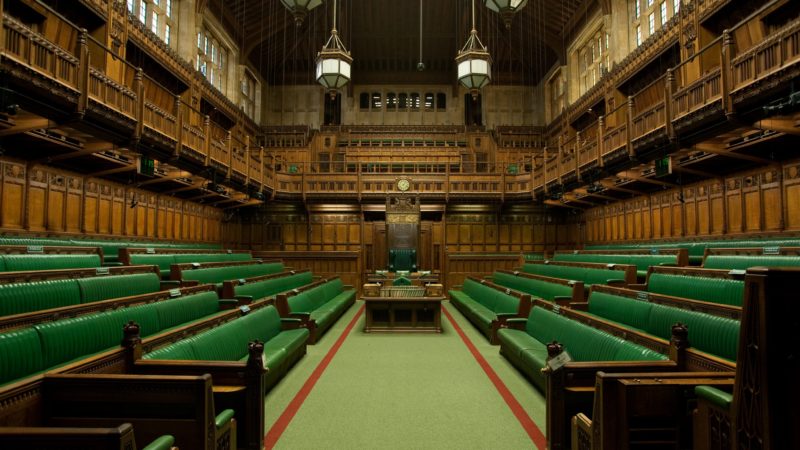
The pandemic represents a fearsome challenge to government, business, families and individuals. The government is making massive decisions that will impact people’s wellbeing both now and for decades to come. Businesses are facing the challenge of protecting their staff while surviving financially. Families and individuals are making difficult decisions on a daily basis about coping with coronavirus, such as how to care for elderly relatives and children.
Many hands make light work, and at a time like this it is important that we all come together. We need to rally our resources, energy and talents to fight Covid-19. This is not a war, but the circumstances call for a similar response. That means we need to reconsider not just what we do but how we do things.
There has already been a huge national coming together in the face of the virus. The public is rallying to support our heroic NHS staff, neighbourhood groups are springing up to help the elderly and politicians are tempering their language, with the quality of public discourse noticeably improving over the past few weeks. We need to consider what more we need to do to fight coronavirus together, however – and that includes whether the Conservatives, Labour and other political parties should come together to form a national unity government.
The most important question here is not who may get political advantage from a national unity government, although for Labour it would be an opportunity to remind the public that it can be a party of government. The key question is simply: what type of government would be most effective in dealing with Covid-19? Like many of the questions relating to the health crisis, this is not an easy question to answer.
Forming a national unity government may take energies away from the fight against coronavirus or lead to infighting within the new coalition government. There is also the concern that it could diminish scrutiny of the government when this is badly needed, or lead to Labour being in a national unity government without the ability to exert real influence. But these concerns – valid are they are – are outweighed by two more important considerations.
Firstly, a national unity government will allow all the talents from different parties to work together. There is a vast amount of talent amongst Labour MPs that could be used by the government to make sure we get the response to the virus right. Secondly, the profound decisions required to tackle Covid-19 – whether in relation to the rationing of NHS resources, public spending or people’s freedoms – would be best made on a cross-party basis. More than usual, the government will be playing God over the next few months, deciding who lives and who dies.
The concerns about a national unity government can also be mitigated. Thought would have to be given to how to structure it so as to minimise unnecessary disruption to government. For example, the newly elected Labour leader could become deputy Prime Minister and attend key government committees with senior Labour shadow cabinet members also in attendance. The current cabinet members could be left in place with Labour shadow ministers being added to their ministerial teams.
New mechanisms could also be set up for backbench MPs to scrutinise the government, such as through virtual select committees or a Speaker’s conference – a kind of uber select committee chaired by the Speaker of the House of Commons. Scrutiny should also be kept separate from operational decision-making, so if the leader of the opposition is to attend COBRA it would make sense to do so as a member of the government.
Labour should only join a national unity government if it is on the basis of a having a fair say in decision-making and a genuine commitment from the Tories to work constructively with Labour in the national interest. It is welcome that Johnson has invited opposition leaders to meet with him to discuss how they can work together. But he should go further and ask Keir Starmer and Labour to join the government, and Labour should accept. As Starmer has united the Labour Party, he can unite the country.
It will not come naturally for many Conservative and Labour MPs to work with the opposing party in government. And yet other countries manage it during normal times, so there is no reason why we should not be able to make coalition government work at a time of national emergency. I am usually the first to condemn Johnson and the Conservatives for the underfunding of the NHS and other public services because of austerity, but now is not the time to have an argument about the past.
Once the pandemic passes, we can have that debate. Now we need to focus on the country’s future. The stories of NHS workers and those who have lost loved ones to coronavirus are harrowing. We must do everything we can to minimise suffering. It is time for politicians to turn their swords into ploughshares and work together to protect the NHS and save lives.




More from LabourList
Almost half of Labour members oppose plans to restrict jury trials, poll finds
‘How Labour can finally fix Britain’s 5G problem’
‘The University of the Air – celebrating 60 years of Harold Wilson and Jennie Lee’s vision’